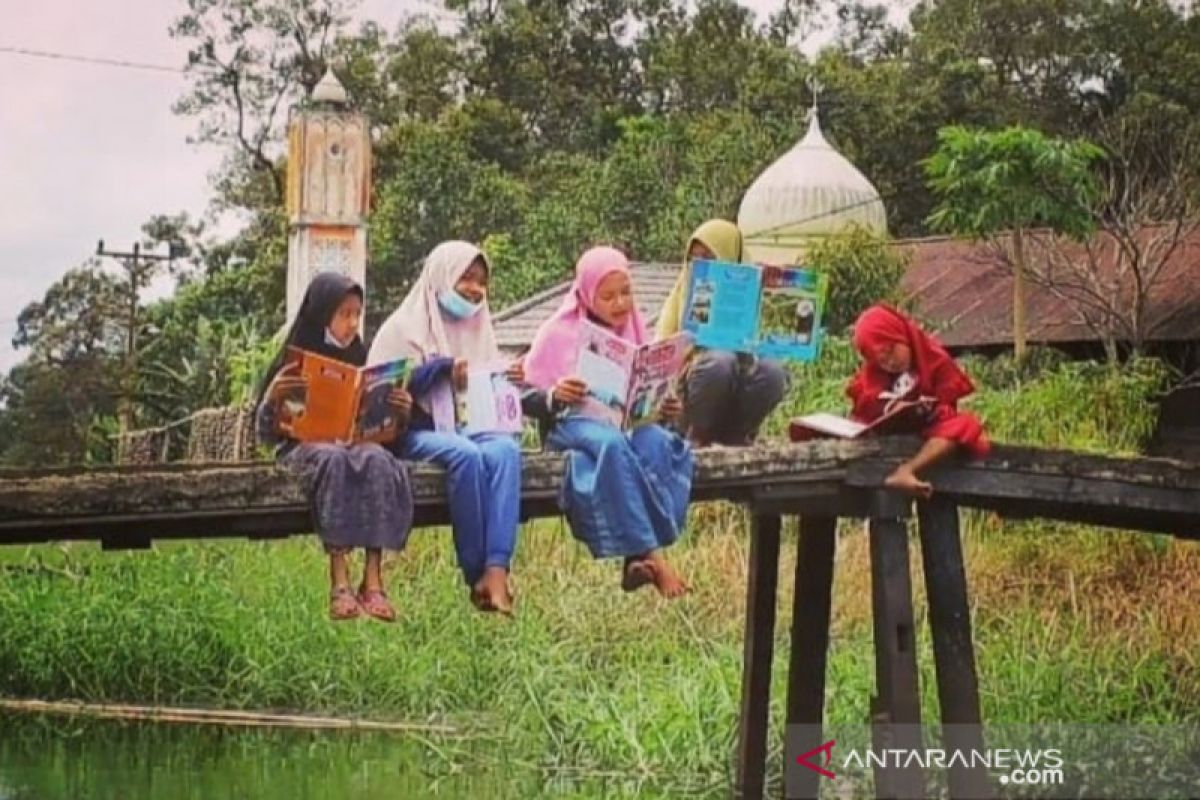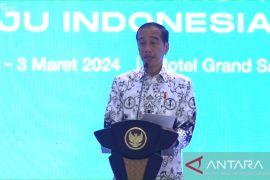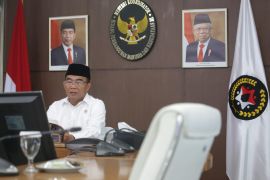The World Population Review report in 2023 showed that the average intelligence level of Indonesians is 78.49, or ranked 126th in the world. In Southeast Asia, Indonesia is ranked at the lowest level as compared to other countries along with Timor-Leste. The intelligence level of Indonesian society is even lower, with an average IQ score of 99.75. Under such conditions, is it possible to achieve the Golden Indonesia target in 2045?
The low level of Indonesian intelligence is caused by several factors. Apart from genetics, nutrition fulfillment plays an important role in children’s growth and development. If hampered, children may suffer from stunting that also affects their cognitive intelligence.
Data from the Indonesian Nutrition Status Survey (SSGI) in 2022 recorded that stunting prevalence in Indonesia had reached 21.6 percent, higher than the WHO standards despite a consistent decline in the last three years.
Professor at the Faculty of Public Health of the University of Indonesia, Professor Endang L. Achadi, stated that stunting does not directly put a child at risk of being less intelligent. This risk is only felt when the child is entering school.
Hence, stunting prevention is needed to save the nation’s future generations. Children, with fulfilled nutrition intake in their first one thousand days of life (HPK), will grow with optimal organ and body system function. In the long term, they can produce other quality children who are intelligent, have no non-communicable diseases, and are ideal in height.
Meanwhile, children affected by stunting during pregnancy and up to their first two years are at risk of being less intelligent, prone to non-communicable diseases, and having shorter height than others of their age.
In the National Medium-Term Development Plan (RPJMN) for the 2020-2024 period, improving community nutrition is included in one of the national priorities, including accelerating the reduction of stunting; increasing guaranteed intake of macro and micronutrients, especially for pregnant women and children under two years of age; and strengthening advocacy, social communication, and healthy lifestyle behavior change.
However, another question arises. How will nutrition fulfillment for the community, especially children, take place after the change of Indonesia’s leadership in 2024?
In contrary to infrastructure development, it must be acknowledged that human resource development is not yet popular. That is why politicians promise short-term changes instead of long-term ones. Instead of promising easy access to education, for instance, politicians prefer to promise infrastructure development that can be seen and felt once the project is completed, while the development of human resources might take decades to see the result.
Chair of the Community Nutrition Research Group, Center for Public Health, and Nutrition Research, of BRIN, Dr. Yekti Widodo, eventually stated that investments in nutrition fulfillment are more profitable. For every US dollar invested in the stunting problem, there will be benefits of around US$11.
If the Indonesian government spends US$1 to invest in nutrition to tackle anemia in women, it will bring benefit of at least US$12.
The highest benefits will be absorbed in exclusive breastfeeding, where for every US dollar invested, a return of US$35 will be received. Exclusive breastfeeding is the cheapest way since it requires no costs except for the mothers’ meals.
Meeting nutritional needs after exclusive breastfeeding is not very difficult since nutritionally balanced food sources are actually available in the community. The University of Indonesia’s Regional Center for Nutrition Studies or Southeast Asian Ministers of Education Organization Regional Center for Food and Nutrition (SEAMEO RECFON) issued policy recommendations for Balanced Nutrition Guidelines Based on Local Food (PGS-PL) in 2021.
For instance, in East Aceh District, children aged six to 11 months experience deficiencies in the nutritional intake of iron, vitamin B3, and folate. The PGS-PL's recommendation for addressing this problem is to increase the consumption of sources of animal protein, such as fish and eggs, as well as vegetables, including carrots. It is also necessary to give chicken liver stew combined with a mixture of vegetables and melinjo leaves as food choices.
Nutrition-sensitive agriculture
Improving community nutrition must be carried out from upstream to downstream. From an agricultural perspective, nutrition fulfillment is a major concern. The various nutritional and health challenges in Indonesia cannot be separated from agricultural activities that have not been sensitive to nutrition.
Lecturer in Communication Science and Community Development from the Bogor Agricultural Institute (IPB), Dr. Siti Amanah, stated that one of the perspectives that has developed in recent decades regarding nutrition-sensitive education is sustainable food production and consumption.
Hence, education and counseling are needed by the main actors and farming businesses to carry out responsible agricultural production processes to produce healthy and highly nutritious agricultural products.
Nutrition-sensitive agriculture does not only build food security but is also a form of economic transformation in opening new job opportunities, contributing to the provision of environmental services, and supporting healthy lifestyles through responsible production and consumption.
In this practice, cultural factors should also be considered. In patriarchal culture, the breadwinner of the family used to get more food than the rest of the family. Nowadays, such practice must be stopped, and nutritional intake for children should be prioritized.
Countries with high levels of intelligence in the world, such as Japan (106.49), Taiwan (106.47), and Singapore (105.89), follow almost the same culture of paying attention to the children's nutritional intake and education.
Considering the importance of nutritional issues, Indonesia’s future leaders must focus on the development of human resources in this country, including by improving agricultural governance that is more sensitive to nutrition, involving outreach in community empowerment and focusing on nutrition and education issues.
This task is not easy to accomplish and collaboration from all parties is deemed necessary. Moreover, this initiation should be supported by the government policy, as written in the 1945 Constitution in the fourth paragraph stating that the state is obliged to make the nation's life intelligent.
Related news: Stunting prevalent among children aged 6-24 months: Minister
Related news: Stunting indicative of uneven nutrition fulfilment in children: BKKBN
Related news: HGN a reminder to improve monitoring of children's food: IDAI
Translator: Indriani, Resinta Sulistiyandari
Editor: Azis Kurmala
Copyright © ANTARA 2024












